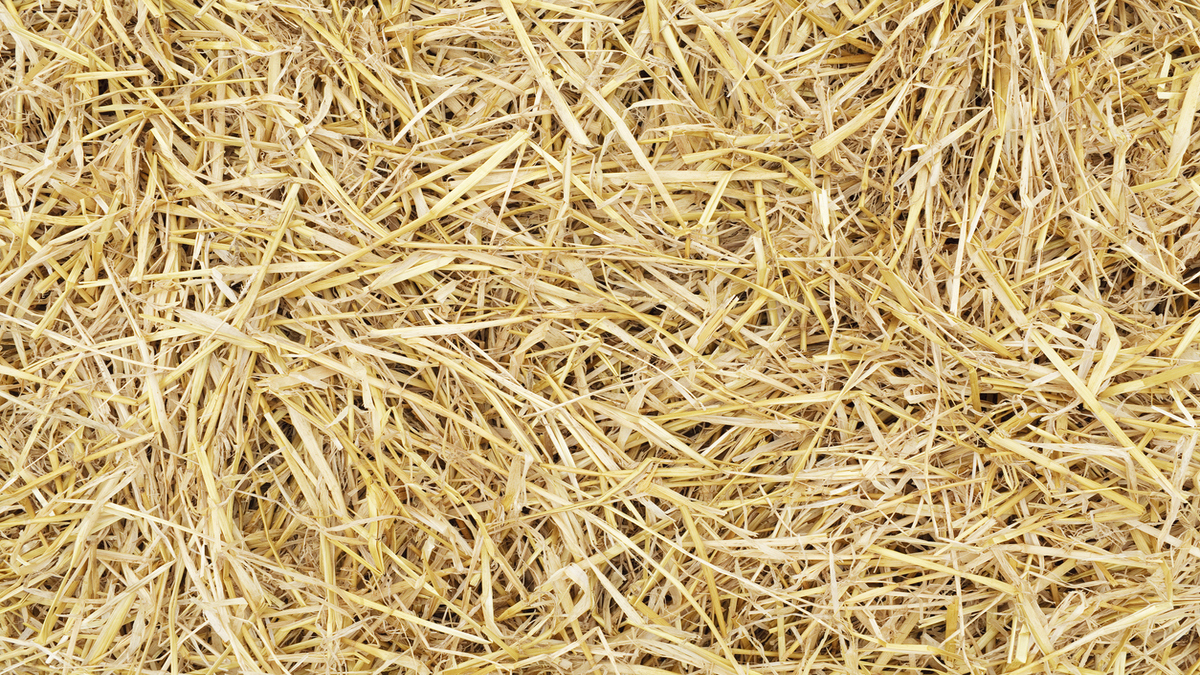Does Hay or Straw Decompose?

If you’re a farmer or a rancher, you probably know the difference between hay and straw, and whether you can compost them. However, the ordinary homeowner or gardener may not.
Fortunately, this is where we come in. In today’s post, we are going to answer all your pertinent questions!
What’s the difference between hay and straw?
While hay is a crop that you can grow and harvest to feed your cattle, straw is a byproduct of grain crops like wheat, barley, and rye.
Generally, hay is a combination of a variety of plants, and you never really know which combination you will get when you order a bale.
Some common varieties include Timothy and Alfalfa.
If there’s one thing that sets straw apart though, it’s the fact that, unlike the latter, it is usually free of weeds and seeds.
Moreover, it has a variety of functions in gardening. It can protect new grass seedlings and even prevent moisture loss from your soil. It’s therefore not surprising that in many places, straw is more expensive than hay, even though they are usually sold by the same farmers. Some areas even face straw shortages from time to time.
Does hay decompose?
Yes, it can decompose. However, the time it takes to decompose depends on where it is deposited. Generally, the wetter and warmer the area, the faster decomposition happens. So if you add hay to your compost, it will decompose quickly, taking only a few months. But if it’s thrown on the forest floor, it can take years.
As such, the best way to dispose of old hay is to add it to your compost heap. Since it’s rich in carbon, it is a good brown waste. Just ensure you balance the hay you add to your compost heap with green waste.
Does straw decompose?
Since straw is biodegradable, it can decompose and be added to your compost heap. It particularly decomposes quickly in warm moist soil – the process starts immediately when you add the straw to the soil. So if you add straw to your compost pile, it can completely disintegrate within a few months. This process releases nitrogen and other nutrients into your soil.
If you just throw your straw on the ground’s surface though, the decomposition process takes longer – even a few years in some cases.
Straw vs Hay
Ultimately, both crops are helpful, organic, biodegradable, and environmentally friendly. It’s up to you to choose which one best suits your needs.
